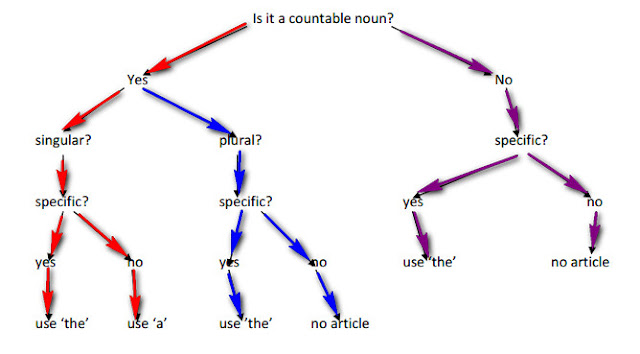10 common English Idioms & Expressions from Education-teacher Adam
Vedio :10 common English Idioms & Expressions from Education -teacher Adam
Hi. Welcome to engVid. I'm Adam. In today's lesson I want to teach you eight idioms that come from education. Actually, I have 10 of them, a couple of them are just expressions, though, so I can add them to the other ones. Eight idioms. All of these come from education, but now we use them to talk about other things that might not be related to education at all. Okay? So, as you know, idioms are groups of words, they're expressions whose individual words, when they're put together might not mean the exact same thing as the words themselves. They can have completely unrelated meanings, and we're going to see some examples of these. So we're going... We have a lot of ground to cover, so we're going to go slowly but surely through it all. So, what does it mean "to cover a lot of ground" or "have a lot of ground to cover"? It means to have a lot of material or a lot of information to get through, and understand, and make sure everybody gets. Right? When we cover a lot of ground, technically it comes from the ground, and you cover ground means you move, you travel. But we use "ground" as information, and "cover" means go over. So: "cover a lot of ground", get through a lot of information. Also, we "can't teach an old dog new tricks". So what does it mean, you can't teach an old dogs a new trick? So imagine your grandfather, okay? You are moving to another country because you're studying English, you want to immigrate to another country. You get to that country and you want to continue speaking with your grandfather in your home country. So you're trying to teach him Skype or you're trying to teach him, like, a mobile app, messenger, whatever. But your grandfather is trying, trying, trying, he just doesn't get it. And then finally he says: "You know what? I don't care. We'll call each other on the telephone once in a while." So finally you give up, you say: "You know what? You can't teach an old dog new tricks. We'll just call on the phone." It means as people get older, it's very difficult to change their habits. Okay? We're not calling old people old dogs, it's just an expression, but basically old people don't change habits very easily. You can't teach them, so that's where the education comes in. Now, something or someone is "old school" or he or she belongs to an "old school of thought" or to a particular school of thought. So, if somebody is old school, he or she likes something that is a little bit old-fashioned, likes to do something a little bit old-fashioned, something that's probably outdated, not modern. Okay? Now, it doesn't have to be about a person. It could be a thing. So, for example, if you... For example, if you go to Cuba... Okay. Cuba has a lot of old cars from the 1950s. Okay? Like Chevys, and Fords, and whatnot. We can say: "Oh, wow, that's a really old-school car." It has the old engines, nothing computerized. It's all carburetor and all kinds of pipes all over the place. It's very old school. It's very cool, but it's not modern. Okay? So it's something that's old school. When we talk about a school of thought, it means it's a particular way of viewing something or thinking about something. We especially use it to talk about, like, philosophy. Okay? But even in science there are certain scientists who basically subscribe to this particular school of thought. So, we use the word "subscribe", means they believe in doing it this way. Other scientists subscribe to this school of thought. So, the... There was a scientist who said: "This is the way we should do it." There was another scientist who said: "This is the way we should do it." All the people who follow this way created a school or a viewpoint, they created their own viewpoint. So different schools of thought. So, if we're talking about how to discipline children, okay? Some people like to sit their children down and talk, talk, talk for hours to try to teach them something. Other... In other cultures they just slap them on the bum, the kid understands, never does it again. […]



Comments
Post a Comment